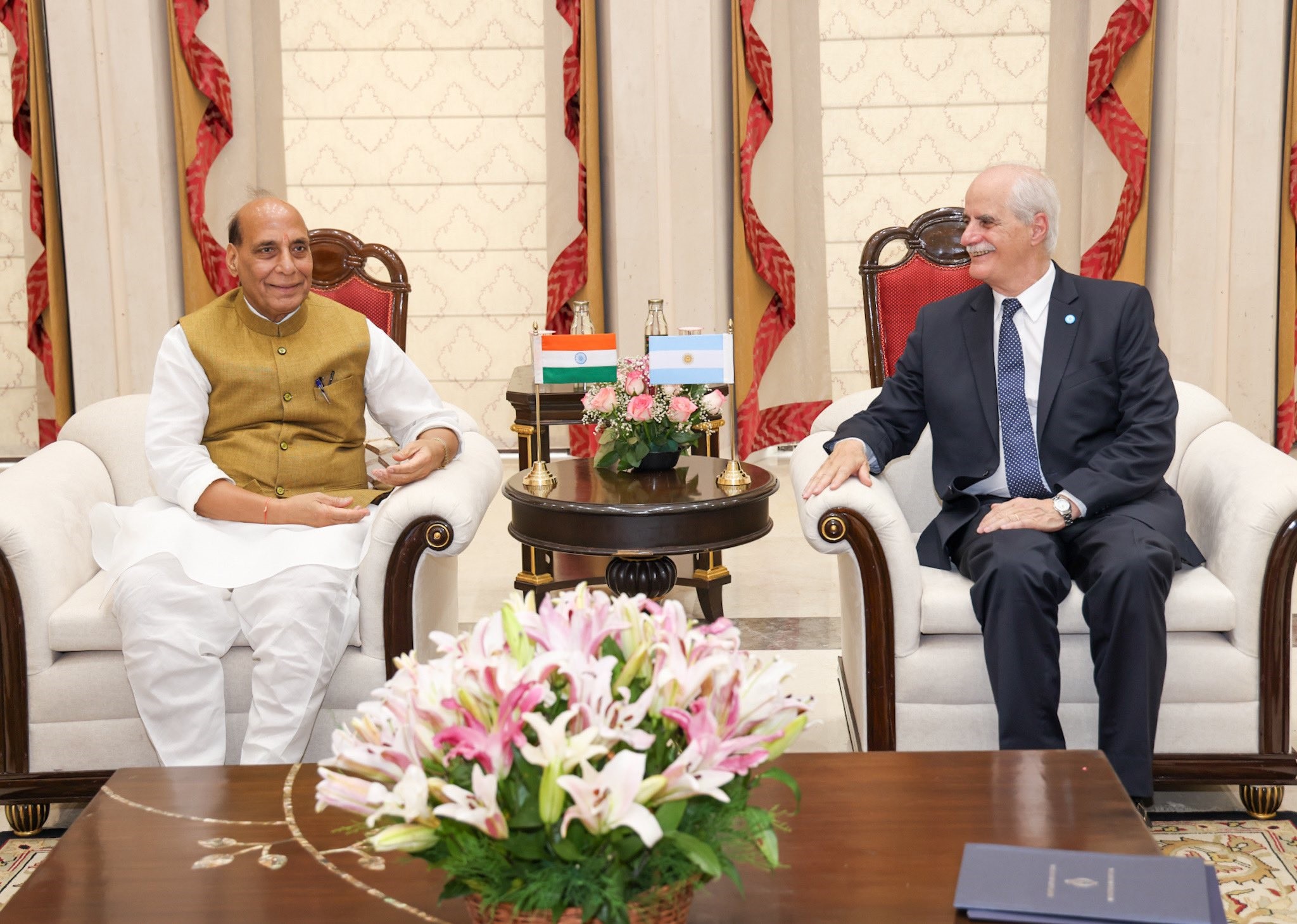Free Courses Sale ends Soon, Get It Now


Free Courses Sale ends Soon, Get It Now



Disclaimer: Copyright infringement not intended.
Context
Highlights
Background
Political Relations
Bilateral Exchanges
Economic and Commercial Relations
Cultural Relations and People-to-People Contact
Technical and Development Cooperation
Indian Community
Potential of Relations
Challenges and Obstacles:
Way Forward:
Conclusion
India-Argentina relations offer ample scope for growth and cooperation, given their shared values as democratic nations committed to multilateralism and sustainable development. While there have been positive steps in various sectors, addressing the challenges and obstacles is essential to realize the full potential of this bilateral partnership. Strategic efforts, focused diplomacy, and people-to-people engagement can pave the way for a stronger and mutually beneficial India-Argentina relationship in the future.
About Argentina

|
PRACTICE QUESTION Q. Despite shared membership in G20 and economic similarities, what are the key obstacles and opportunities in the India-Argentina relationship, and how can both countries enhance bilateral cooperation? (150 Words) |
https://pib.gov.in/PressReleasePage.aspx?PRID=1940518
© 2024 iasgyan. All right reserved